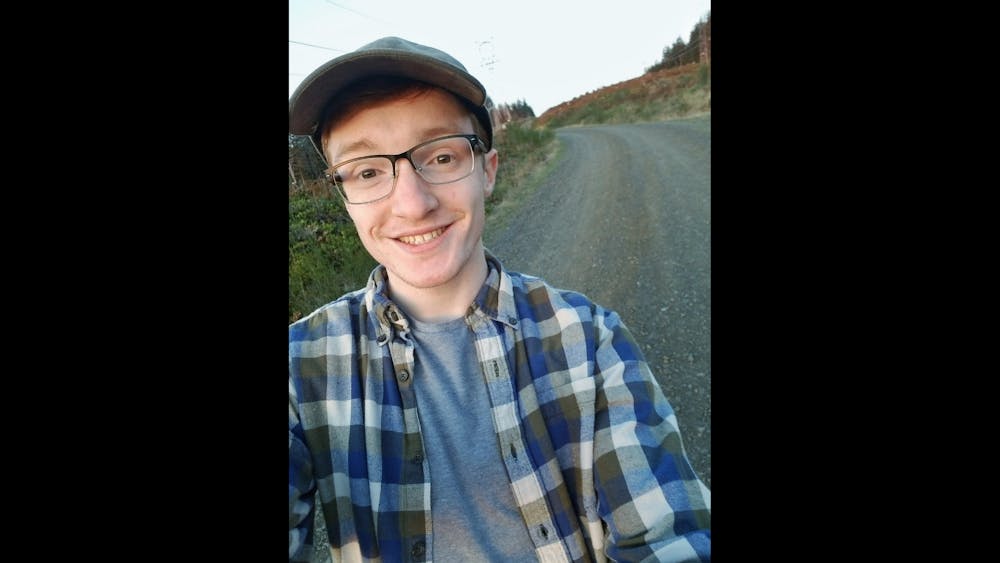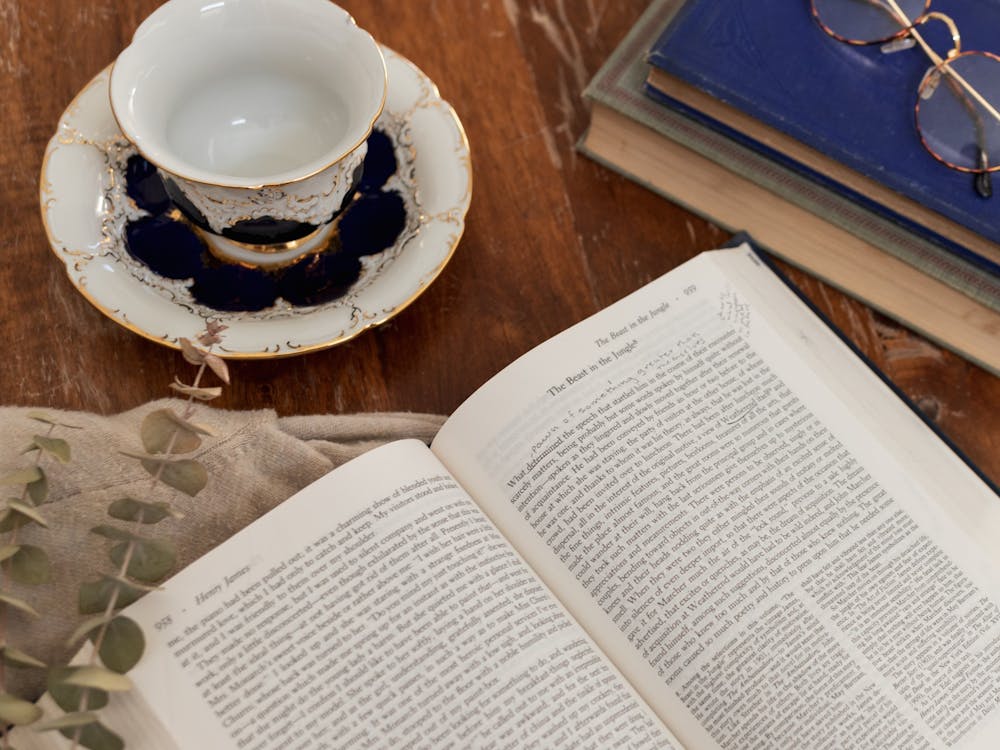I want to open this piece by being very clear about my stance regarding the Russian invasion of Ukraine. It is despicable, alarming, deeply saddening, and entirely immoral in every sense of the term. To invade a country of innocent people for entirely personal reasons (while donned in the cheap and tawdry garb of international interests) is disgusting regardless of the context. I despise what is happening and am incredibly heartbroken.
That being said, I felt it was important enough to talk openly in this public forum about how this experience has affected me and why. Those who know me know that I’m Russian, and that my heritage is a huge part of my identity. I was adopted at a young age from an orphanage in Vladivostok. I have no memories of the experience, nor do I have any linguistic or cultural connections to Russia. My only ties to Russia are my citizenship and that I know my biological mother's name. Being Russian has always been a big part of me though, and it played a significant role in my childhood. Because of my situation, I never feel fully at home — part of me is back in Russia, and part of me is here in the United States. This remains true despite the fact that I know I’ll always feel more at home and at peace in the United States than I ever could in a country whose culture is foreign to me and whose language I do not speak.
What’s continually frustrating for me is that as time goes on, I feel both less Russian and less U.S. American. Both countries have incredibly tumultuous histories full of horrible injustices, systemic oppression, genocide, denial, and a stubborn belief they are always doing right. I feel like I have little in which to take pride in my Russian heritage, and wonder what it means to say I’m proud to be Russian. What am I proud of? Why is my heritage important to me? How can I both embrace my heritage while condemning the consistent pattern of injustice?
These questions are the same as I think about my U.S. American heritage. It doesn’t take much reading between the lines in entry-level history classes to know that the United States has quite the rap sheet regarding injustice and a laundry list of isms such as racism, sexism, and hetero/cissexism. What does it mean to say I’m proud to be a U.S. American? What am I proud of, and what am I taking or leaving?
As I ask myself these questions, particularly about my Russian heritage (despite my “weak” connection), I cannot help but wonder if I even want to tell people I’m Russian, especially now. There have been several times in my life where I’ve felt incredibly ashamed to identify as a Russian American due to atrocities being perpetrated by Russia. I never feel entirely confident in my decision to be open about my heritage because I know that when times are tense, one identifying term starts to carry an intense weight. Revealing my progressive political views around election time suddenly becomes a shining beacon when just months before it was simply a contextual addition to a conversation. Revealing I’m Russian now comes with so many assumptions and connotations — mainly that I must support Russia in their invasion of Ukraine when I absolutely abhor it.
While I don’t support Russia, continually seeing negative news can take a toll if I'm not careful. I make a daily effort to separate who I am from what Russia is doing, and to understand that any negative comments about Russia aren’t about me. It becomes more difficult for me when those comments move from Russia to Russians. A lot of Russians living in Russia aren’t in support of the invasion, and to immediately be suspicious of Russians in the U.S. is incredibly harmful and dangerous. It’s crucial to have an open mind and avoid statements of generalizations lest we repeat how our country handled the bombing of Pearl Harbor and subsequent internment of both Japanese and American citizens, or the strong anti-Muslim sentiment in the United States following the attacks of 9/11 that we still see today.
I’ll close this article by saying that it’s important to avoid making assumptions based on very limited information. Being surprised that a Russian is against the Russian government isn’t a logical belief. We are experiencing a tense international crisis right now, and I urge anyone reading this to thoughtfully consider what they’re saying, because you never know who is listening. It’s important to still remain as respectful and caring as we’re able — comments we make in passing might helpfully lighten or frustratingly weigh down someone’s daily load. While my heart is breaking over my birth country’s ability to consistently commit atrocities and injustices, I can only hope for a brighter future where I can truly embrace my heritage.
Joel Brennan is a senior at UP. He can be reached at brennanj22@up.edu.
Have something to say about this? We’re dedicated to publishing a wide variety of viewpoints, and we’d like to hear from you. Voice your opinion in The Beacon.








